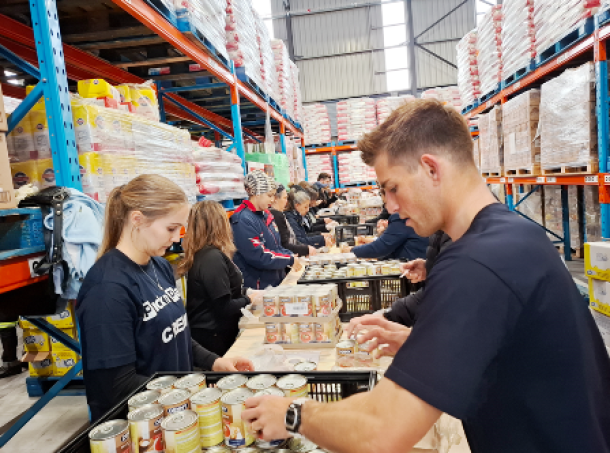Our people are desperate: They need food
A lady recently shared her story, on radio, of how the Covid-19 pandemic has affected her family. Two years ago, she and her husband agreed that she would leave her job to look after their two children while he would continue to work. A few months ago, he lost his job. Their savings were spent and their family immediately became destitute - something they never thought would happen to them.
Sadly, many more South Africans are experiencing the same hardship. Millions of people have lost their jobs, rendering entire families, including many in the middle class, into immediate crisis and desperation.
Long term hunger is a terrible thing to experience. Children don’t understand why there is little or no food in their home and why they have to go hungry for so long. For adults, not having the ability to provide for their families every day is devastating. The effects of protracted hunger are distressing. People who do not receive proper nutrition develop poor health are more susceptible to illnesses and diseases and experience limited cognitive development, resulting in sub-standard educational outcomes. If this trajectory continues, our future workforce will be below par for economic growth and development.
According to the Food and Agriculture Organisation, the four pillars of a food-secure nation are:
(1) availability (an adequate supply of food);
(2) access (can people obtain the food they need);
(3) utilisation (do people have enough intake of nutrients) and
(4) stability (can people access food at all times).
In South Africa, food availability is not a problem. We have a very resilient supply chain that experienced very little disruptions since the pandemic reached our shores 10 months ago. The other three pillars are not commonly attainable, which is concerning. People can’t access food because they have no income and can’t afford to buy food. As a consequence, people who can’t afford healthy food, because it is too expensive, do not get the nutrients they need for sustained health.
A recent article, in Science Magazine, noted that “Declines in incomes and increases in poverty would have a large impact on food security and nutrition. People in extreme poverty do not have enough resources to buy the food they need to avoid hunger and undernourishment, and both poor and near-poor people will switch to cheaper and less nutritious foods. Even if the recession is short-lived, the impacts through inadequate nutrition could be long lasting, especially for young children, whose growth and cognitive development tend to be affected by undernutrition.”
The Pietermaritzburg Economic Justice and Dignity Group recently tracked the cost of 38 basic food items and found that a month’s food, for an average family, costs R3,470 – far more than any government grant and far more than many employed South Africans earn. So, even people receiving social grants are destitute, which means that an estimated 30 million people are living in severe hardship.
Finance Minister Tito Mboweni’s Medium Term Budget Policy Statement, presented a few weeks ago, paints a bleak picture for our recovery. He noted that “The global economic impact of Covid-19 has been severe. In South Africa, real GDP is expected to contract by 7.8 per cent this year. Millions of people have lost their jobs. Many businesses have closed and others are struggling.”
There is no doubt that trade-offs have emerged to contain the virus while trying to avoid disastrous economic and food security crises that severely affects the poor. But, as Covid-19 compliance fatigue seems to be setting in nationally, concerns are mounting over hotspot alerts, resurgences and second waves that could cause even further devastation. Government may be forced to consider local lockdowns and other restrictive measures to curb the spread of infection, as the festive season shifts into full gear.
We have had a drastic drop of R304bn in tax collections, while poverty, hunger and inequality increased and 30,8% of our population are unemployed. Our economy is expected to contract even further in the coming months, so only a few new jobs will be available. There is no doubt that we are in for a long period of hardship as vulnerable families struggle to survive.
In the past 10 months, since the start of the lockdown, thanks to generous food and financial donors, FoodForward SA has provided monthly food provisions to more than 1,000 registered beneficiary organisations, translating into 26 million meals. We will continue to redirect quality surplus food, which would otherwise have gone to waste, to increase our reach and impact nationally, so that the most vulnerable people, including those living in deep rural communities, receive the proper nutrition they need to survive and stay healthy.
News Category
- International retailers
- On the move
- Awards and achievements
- Legislation
- Wine and liquor
- Africa
- Going green
- Supplier news
- Research tools
- Retailer trading results
- Supply chain
- Innovation and technology
- Economic factors
- Crime and security
- Store Openings
- Marketing and Promotions
- Social Responsibility
- Brand Press Office
Related Articles
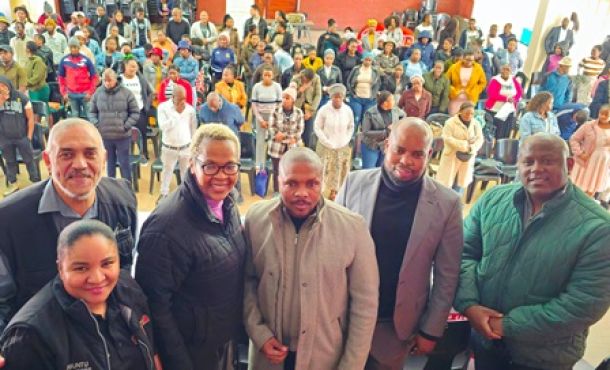
Successful farmer’s training project launches i...
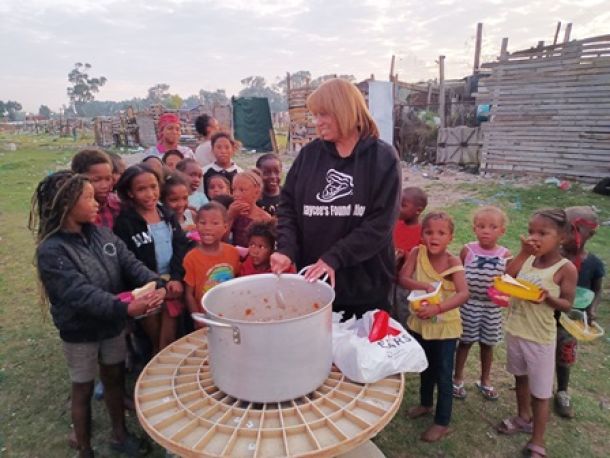
Engen’s Charmaine Le Breton secures support for...
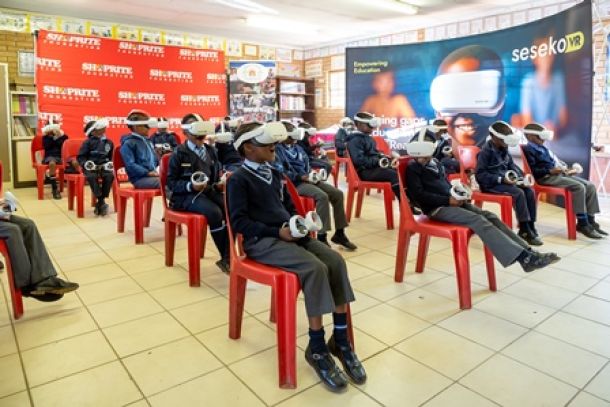
Virtual reality and access to clean water for S...
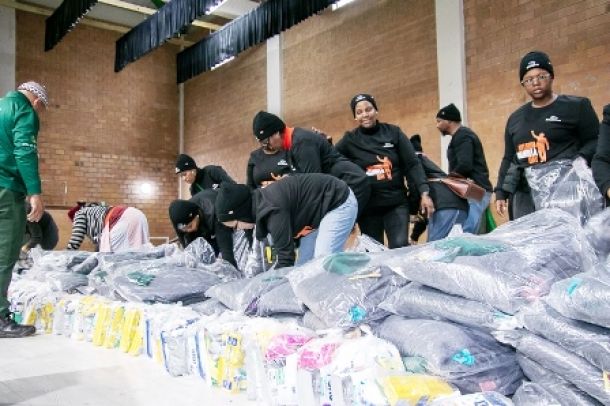
Gift of the Givers and Engen join hands for Mad...
